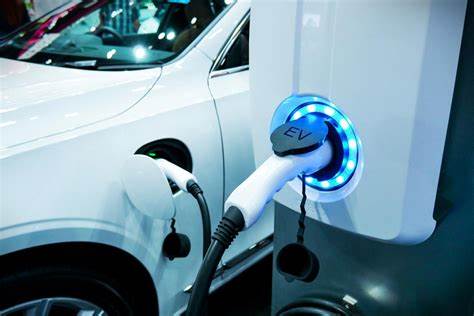
Electricity Rates: The cost per kilowatt-hour (kWh) of electricity varies by location and can be different for residential, commercial, and public charging stations. You can check your electricity bill or contact your utility provider to find out the exact rates.
Charging Equipment: There are typically three levels of charging equipment for electric cars:
Level 1 Charging: This uses a standard household electrical outlet (120 volts) and is the slowest method. It is usually included with the vehicle and doesn't require any additional installation costs.
Level 2 Charging: This requires a 240-volt charging station, which provides faster charging speeds than Level 1. The cost of installing a Level 2 charging station can vary depending on factors such as electrical upgrades, distance from the electrical panel, and whether it's an indoor or outdoor installation. Installation costs can range from a few hundred to a few thousand dollars.
Level 3 Charging (DC Fast Charging): This is the fastest charging option available and is typically found at public charging stations or along major highways. The cost per kilowatt-hour for Level 3 charging may be higher than for Level 2, but the charging speed is significantly faster.
Vehicle Efficiency: The efficiency of your electric vehicle (measured in kWh/mile or kWh/kilometer) plays a role in determining how much it costs to charge. More efficient vehicles will require fewer kilowatt-hours to travel a certain distance, thus reducing the overall cost.
To estimate the cost of charging your electric car, you can follow these steps:
Determine the battery capacity of your vehicle (in kilowatt-hours). This information is typically available in the vehicle's specifications or user manual.
Check the efficiency rating of your vehicle, usually given in kWh/mile or kWh/kilometer.
Multiply the battery capacity by the efficiency rating to get the energy consumption per mile or kilometer.
Multiply the energy consumption by the cost per kilowatt-hour of electricity in your area to get the cost per mile or kilometer.
Remember that these are estimates, and actual costs may vary. It's always a good idea to check with your utility provider and consider any special electricity rates or time-of-use plans that may be available for electric vehicle charging.
